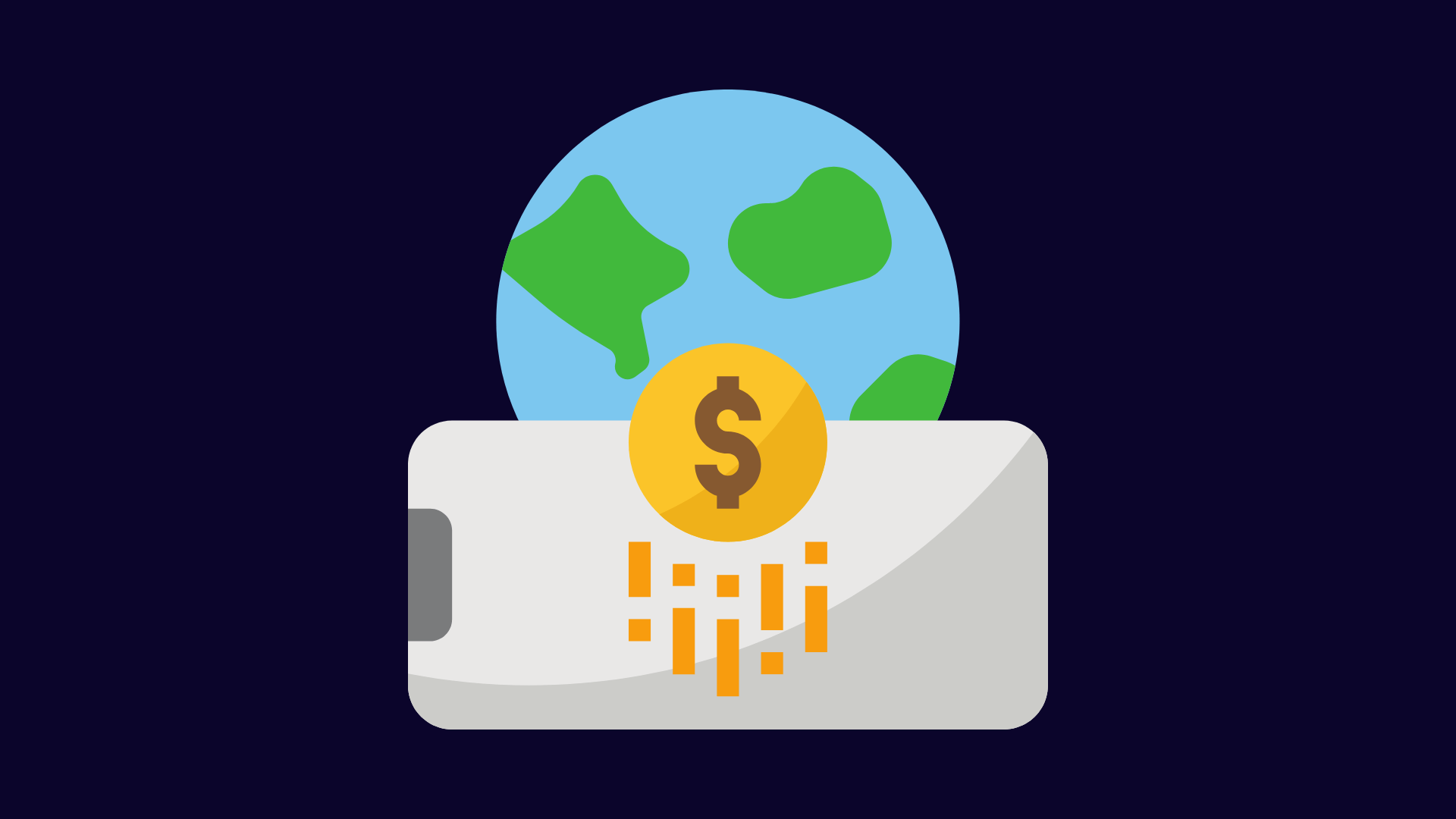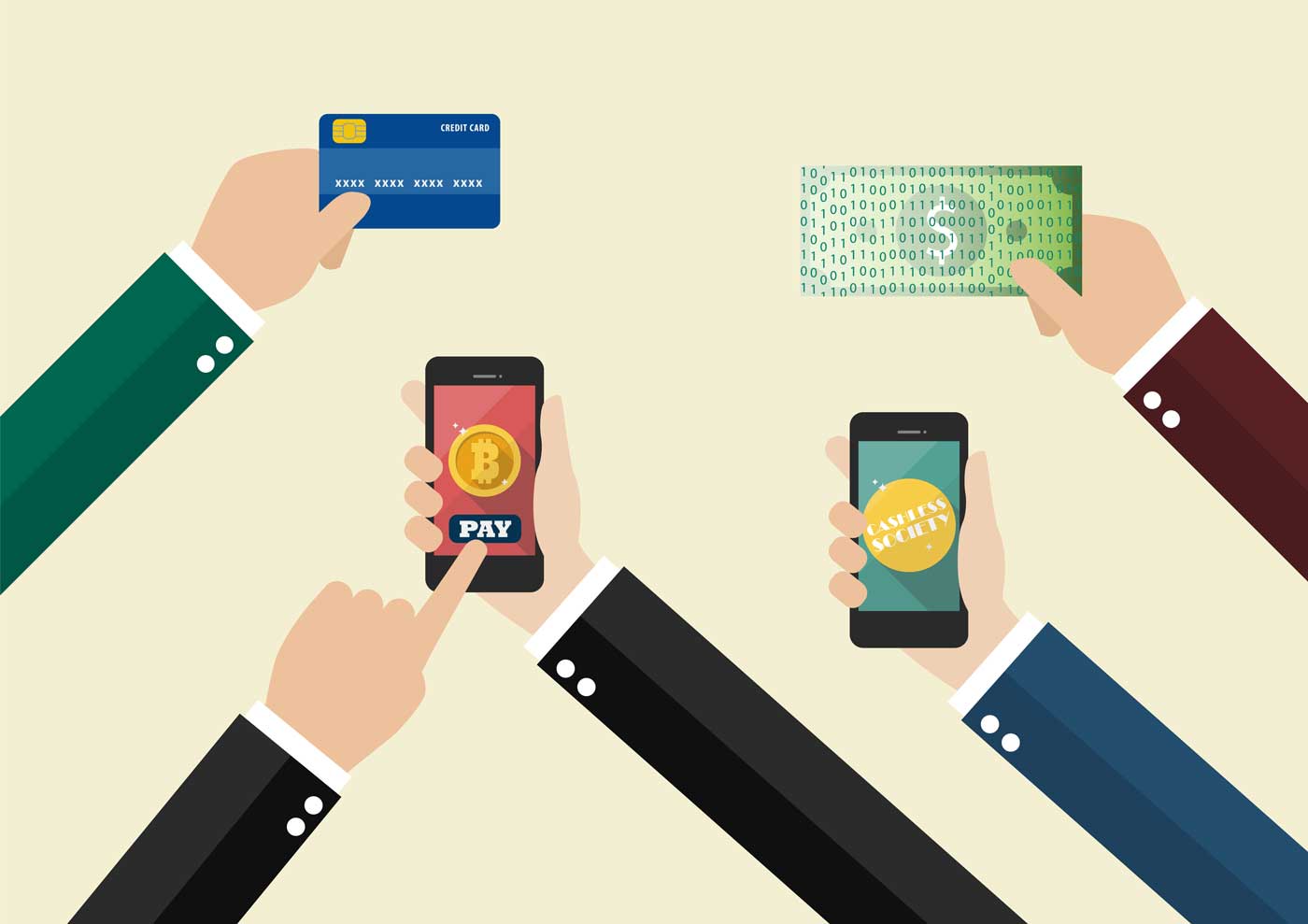Is A Cashless Society Realistic In The Near Future?
Cash is becoming increasingly less important as a way of payment process now. This can be seen, for example, in countries like Sweden, where banknotes and coins only account for 2% of GDP, compared to 10% in the Eurozone. The increasing abolition of large banknotes worldwide, e.g. B. the planned stop to issuing the 500 euro note underlines this development.
Reasons for moving towards a cashless society include lower costs, greater convenience and the possible prevention of crime. Costs can be saved by reducing logistics requirements, particularly when transporting and safely storing cash.
In addition, new convenient payment methods such as mobile and contactless payments are on the rise, gradually replacing cash. In addition, certain crimes can be prevented because, for example, tax evasion, illegal work, drug transactions and corruption would be made more difficult.
The acceptance of cashless payment methods varies greatly. On the one hand, this is due to a lack of financial services and technology; on the other hand, some cultures place a lot of value on banknotes and coins.
In Japan, for example, cash is considered an important cultural symbol that plays an important role in religion. As a result, 86% of all payments there are made in cash compared to 75% worldwide. However, cashless societies also bring with them data protection concerns as transactions become traceable.
What Does A Cashless Society Entail, And Why Is It Gaining Traction?

The digitization process, which has made itself felt especially during the Covid period, is rapidly paving the way for shopping without using cash. If we do research on this subject, we can see that Sweden took the first steps.
We see that there are statements such as ‘In March 2023, digital currencies will be used as a means of payment and cash will disappear.’ Actually, it is not a surprising situation, especially if we assume that we are going through a serious period.
As a matter of fact, it is predictable that digital payment tools are used instead of cash for hygiene reasons. However, it does not have some positive aspects other than hygiene.
Use of digital payment tools; It prevents risks such as theft and loss of cash. It also eliminates costs such as finding an ATM and withdrawing money. There are plans to install payment chips in our hands in the future and make purchases using these chips. It is even said that it was tried on 4 thousand people in Sweden.
How Are Digital Payment Technologies Advancing The Shift Toward Cashless Transactions?
Today’s numerous digital payment providers and the digital tools offered by these intermediaries facilitate the transition to the future design of the cashless society. Businesses are undergoing digital transformation so that customers can make payment processes digitally, not only in completely digitally managed business areas such as e-commerce, but also in non-online sectors.
Thanks to today’s digital wallets such as PayPal, Payoneer, Amazon Pay, Apple Pay, it is very practical and easy to meet all your needs without cash, even in 2024.
I can claim that we are in the process of transitioning to completely cashless transactions. People can now find completely cashless solutions for their different needs and shopping habits.
From ordering your online food at home to completing your clothes through online retail channels, we no longer need cash in many processes. For the cashless society to be fully successful, it is not enough for businesses and individual customers to complete this digital adaptation.
At the same time, cities and local administrators should support this transformation. Today, in many developed cities from different parts of the world, all transportation processes can be completed digitally and cashlessly with QR codes. Not needing any cash makes you feel comfortable in your daily needs wherever you are in the world.
What Are The Benefits And Concerns Surrounding A Cashless Economy?
Cashless economy offered a new perspective for both developed and developing countries after the pandemic period. As a whole world, we have begun to get used to a new era in which people can trade, transfer assets, and complete payments for products or services digitally without interacting physically with each other. Although the cashless economy comes with numerous advantages in terms of practicality, it is normal to have some concerns.
In cashless economy ecosystems, transaction costs decrease while speed increases. This increases the security level. However, the fact that the entire process is digital may create some adaptation problems for those who are used to traditional methods and want to have compliance problems with legal regulations.
Having problems accessing your assets in case of possible technological malfunctions is one of the most common concerns. On the other hand, the fact that everyone is not in equal technological conditions makes it difficult to fully implement the cashless economy.
What Role Do Governments And Regulatory Bodies Play In Shaping Cashless Trends?

Even though there are some regulatory bodies that play in managing cashless trends, there are various ways for cashless payment processes such as PayPal, Google Wallet, Payoneer etc. which are suitable with regulatory authorities. These types of payment methods began to be preferred instead of cash. However, 100% adaptation has still not been achieved in many governments.
After the coronavirus emerged in China at the end of 2019 and spread around the world, the cashless society came to the fore more. When we think that money is a dirty tool, we can also understand that digital money can prevent the spread of diseases.
Interest in a cashless society has increased in the last few years. However, various debates continue on this subject. One wonders what people who do not have a bank account or do not use a credit card will do. In addition, it will be difficult for people over a certain age to get used to this process.
Are There Potential Impacts Of A Cashless Society On Financial Inclusion?
Cashless society and their solutions bring a great impact for financial inclusion in the long terms. Advanced economies are moving towards a system where coins and banknotes are no longer needed. The decrease in the daily use of cash in many economies, especially during the current pandemic period, is actually due to the convenience offered by cashless payment methods brought by mobile devices and financial technologies.
With the digitalization of banking and payments in line with technological transformation and individuals keeping up with this transformation, we are getting closer to becoming a cashless payments society every day.
We are now talking about mobile payments, the internet of things, biometric payments, cashierless store experience, blockchain technologies, digital identities and trying to understand how these technologies will affect our lives. Cashless society offers a great flexibility for financial inclusion in the near future.
See you in the next post,
Anil UZUN
